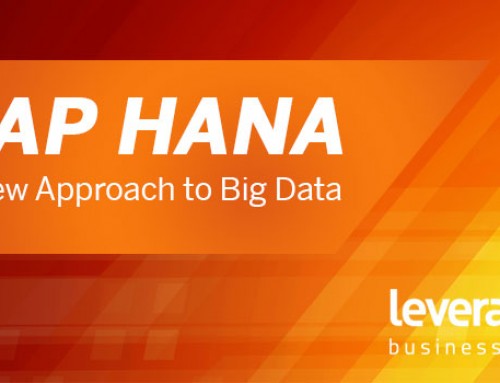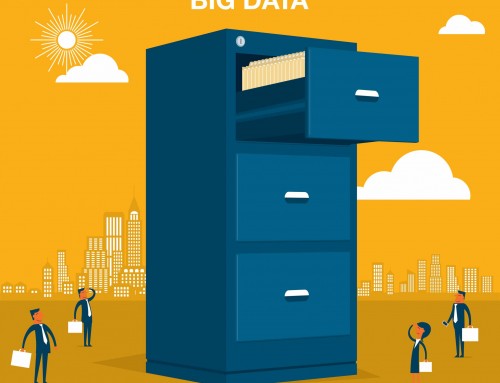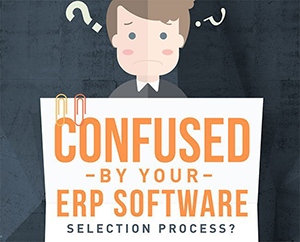ERP Software
The Great Technology Divide and Why Only the Strongest Will Survive
Going back ten years, ERP software providers all offered much the same – accounting, warehouse management, ordering, MRP……. Fast forward to 2016 and the world of ERP has changed. Technology has become a major factor in delivering information to users – when and where they want it. Technology changes are influencing ERP software like never before and at a pace that has not been seen before.
To put this into context think of the following:
- Cloud
- Mobility
- Big Data
- Analytics
In the past 10 years technology has enabled users to demand much more value for money and has given consumers the ability to consume whatever we want, when we want it. Think music, movies, news and more……we are able to get exactly what we want, when we want it – usually from a mobility device.
Why should ERP software be any different? I know it is not a like for like comparison – implementing an ERP solution for your business vs downloading your favorite songs from a streaming device. However, some of the principles and expectations are the same:
I want to try before I buy / test drive the solution
- I want it in the cloud
- I want to pay as I go
- I want true mobility
- I want access to data when and where I want it
- I want the total cost of ownership to be low
The great divide for the ERP software providers is the fact that the investment in technology to keep up with the expectations listed above is substantial. Technology is moving at such a pace that only the strongest will survive.
Consider the investment required and the changes in go to market for cloud vs an on premise solution, web based client architecture and true mobility across multiple platforms. Tens of millions of dollars in annual investment for ERP software vendors to keep ahead of the game.
Yes, all good ERP solution providers still need to offer core accounting, distribution, manufacturing and services functionality but the race to the top is becoming more and more of a technology play.
What does that mean for the customer considering an ERP project? More than ever before be careful of the choices that you make and consider core functionality and technology when making your choice of ERP provider.
Let’s explore this in a little more detail:
Cloud – will your ERP provider be able to offer you a cloud based solution? There are multiple different versions of cloud available on the market today – private cloud, public cloud and internal cloud are a few examples. Advantages of a cloud solution include the fact that your server, operating system, back-up and associated costs and maintenance are outsourced. No need for expensive IT equipment and resource.
Mobility – web access and / or mobility apps – make sure the ERP solution you choose has the ability to take your business mobile. Giving you the information that you want, when you want it.
Big data – it’s here to stay – modern ERP solutions should be able to sort through massive data volumes. This is not only important from a processing point of view but also reporting and data analytics.
Analytics – more than reporting, analytics gives you the opportunity to slice and dice data, create dashboards, KPIs and exception reporting. Use analytics to understand where your business is going – before you get there.
In summary, these technological advancements are creating great opportunities for small to medium sized businesses by providing huge advancements in technology to help streamline processes. This requires a massive investment from the ERP providers ensuring that only the best will survive.


 I want to try before I buy / test drive the solution
I want to try before I buy / test drive the solution



Leave A Comment